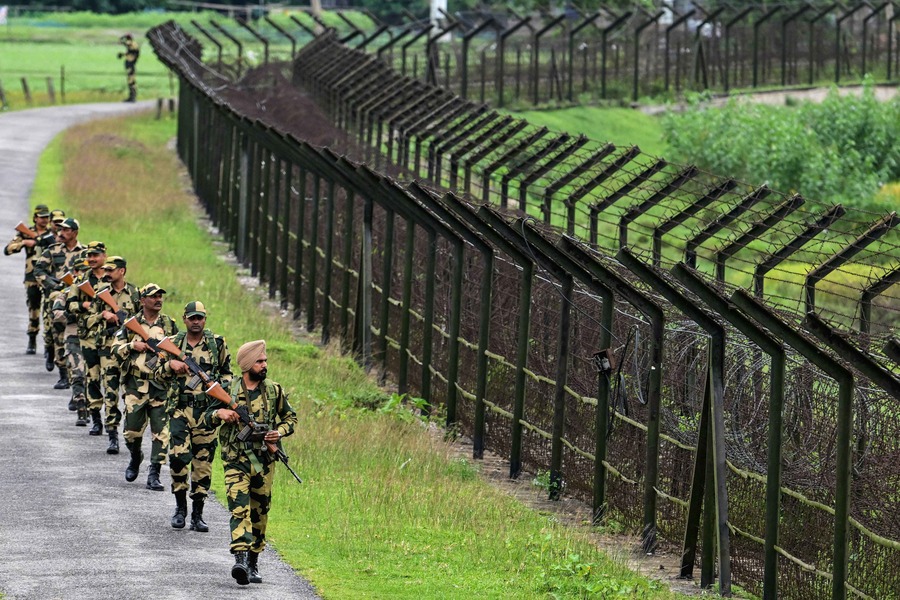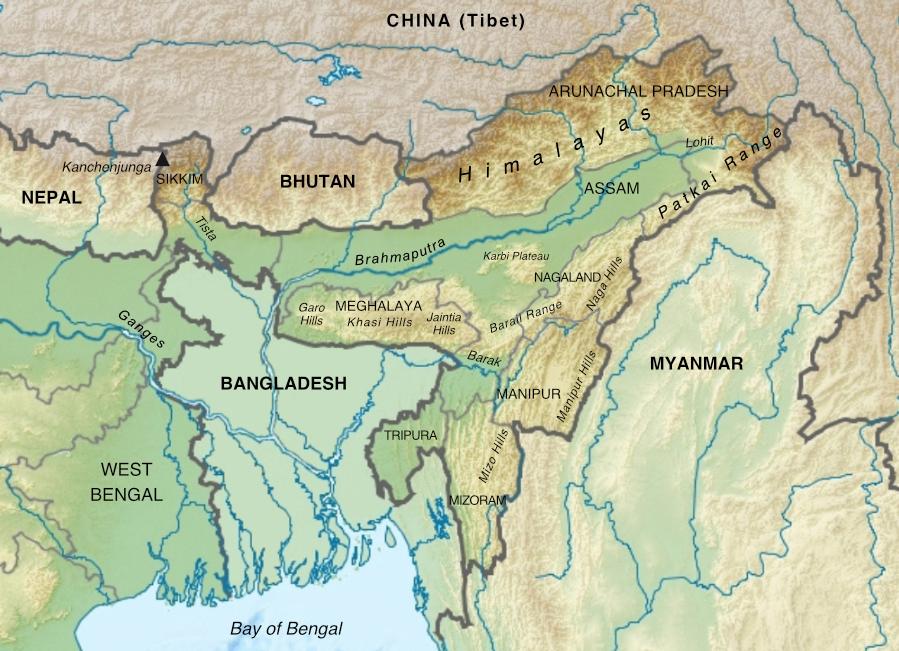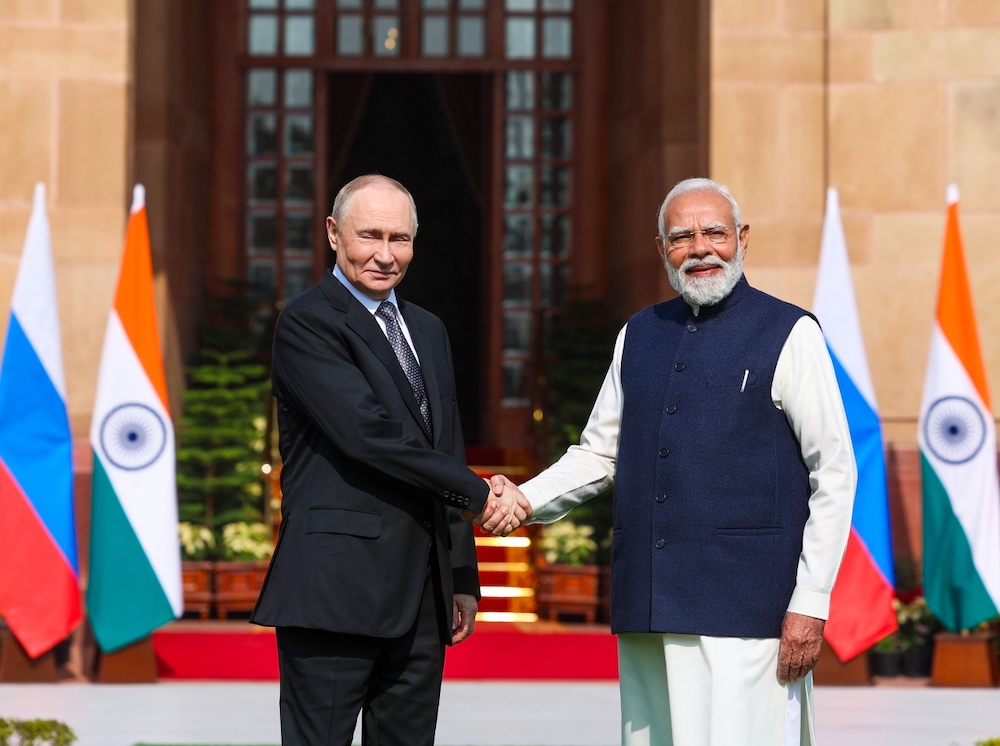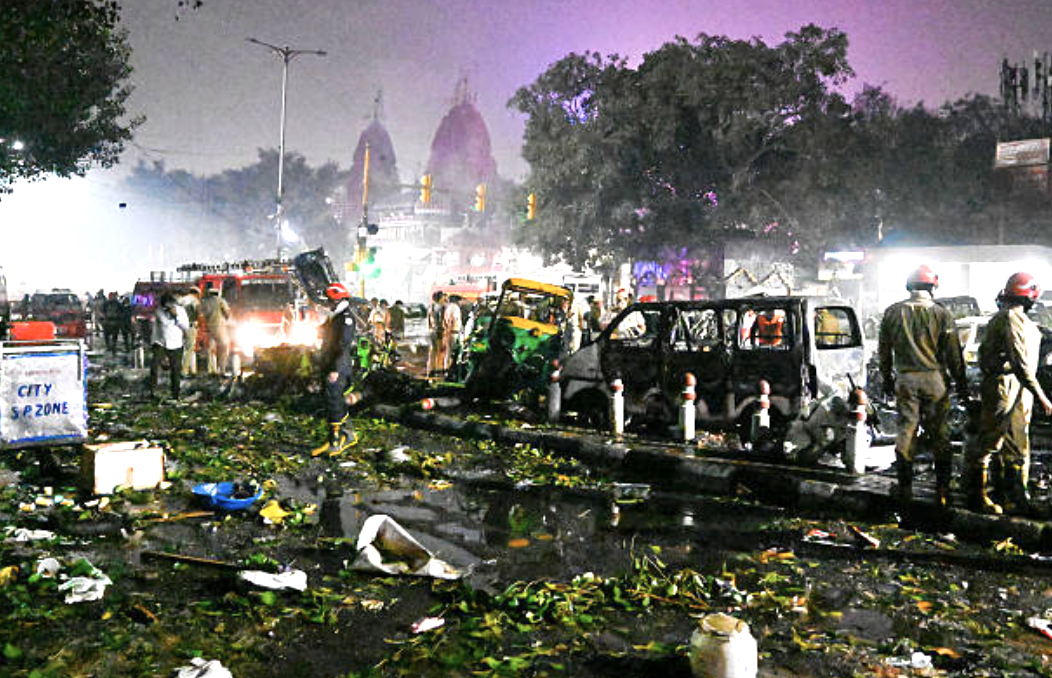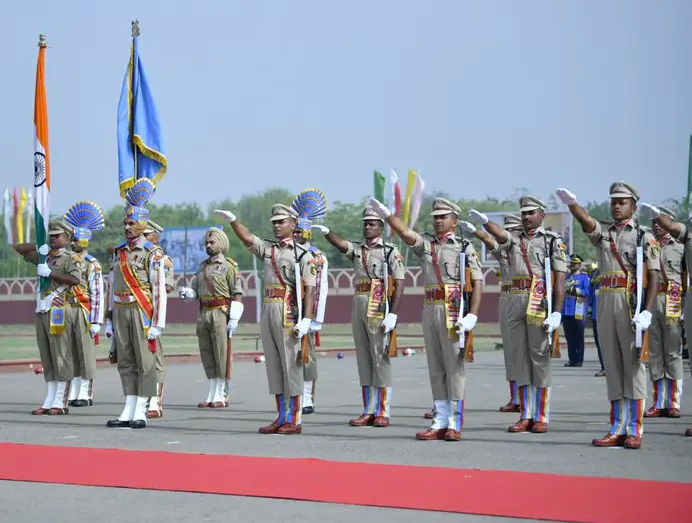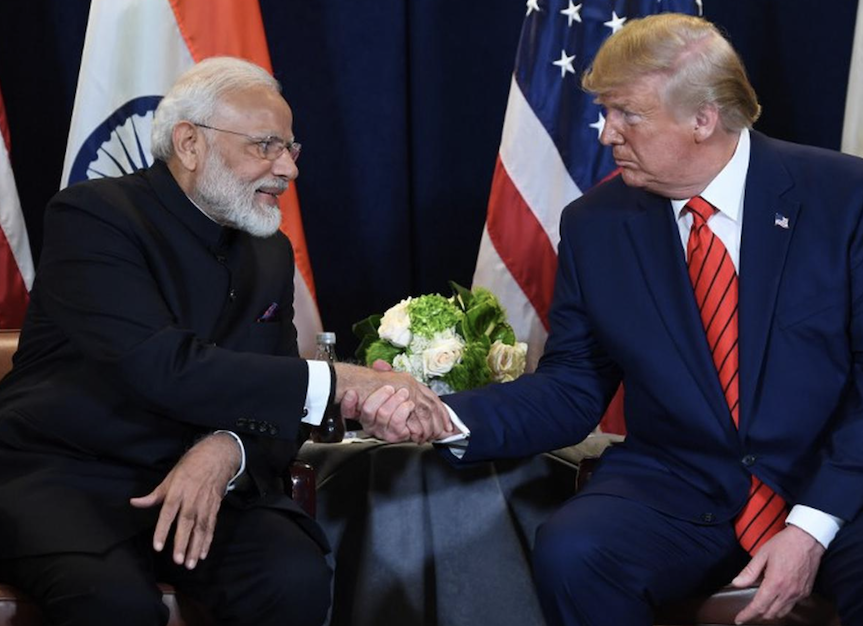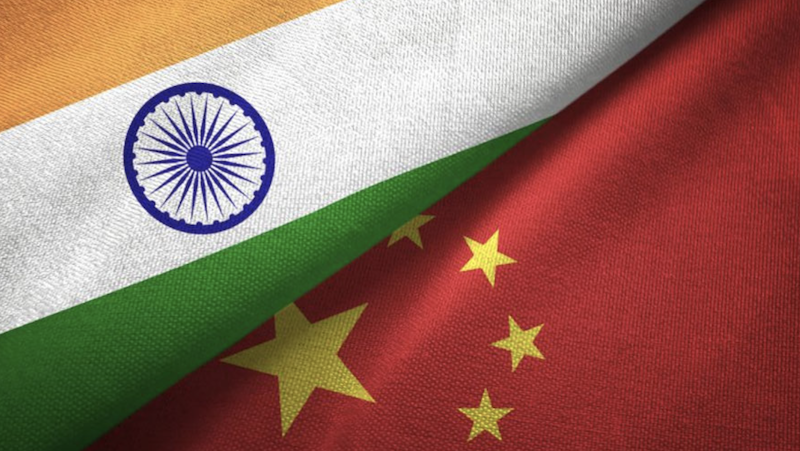
The Chinese president, Xi Jinping, skipped the G20 summit that was held in New Delhi recently. This is something he hasn’t done since taking over the presidency of China, in 2012. Even during the Covid-19 pandemic, he attended the summit virtually. It may be possible that Xi might not have wanted to witness India hosting a successful historical G20 summit and taking big decisions, such as including the African Union and declaration of joint communique G20 nations, in New Delhi.
China justifying its release of the latest map that showed Arunachal Pradesh and Aksai Chin as part of its territory, the continuing military stand-off in eastern Ladakh, general military tension all along the line of actual control and the Indian Ocean Region (IOR), diplomatic tensions, etc, shows that the India-China relations, it is not better than it was during the 1962 war and the following many years. All these events show that China does not want to have peaceful and enduring relations with India, and gradually it is taking the place of our most troublemaking neighbour, Pakistan.
Read also: India needs to shed its hesitancy in dealing with China
Apart from this, when India scraped the Article 35A using the provisions of the Article 370 of the Constitution giving special status to Jammu & Kashmir, in August 2019, China tried to raise this issue at the United Nations security council at the behest of Pakistan and suggested India be restrained in taking unilateral action to change status quo. At present, the era of peace and tranquillity between the two nations negotiated through various agreements and confidence-building measures developed over three decades looks like history. Keeping in mind this, India should revisit its “One China” policy because New Delhi knows by now how Beijing has reciprocated to India’s sensitivities to Chinese issues over the decades.
Although China has been successful in pressing many countries, including most South Asian nations, to reaffirm the “One China” policy amid the growing conflict with the United States over Taiwan, the current Indian government refused to reiterate the policy, which has been New Delhi’s consistent position since 1950. It may be mentioned that India was one of the world’s first nations to recognize the People’s Republic of China and started diplomatic relations with it. We did it despite our concern over China’s annexation of Tibet. Prior to that, we did not share a border with China before the forceful annexation of Tibet, in 1950. And this annexation changed the geopolitical equation with India forever. China inflicted a military defeat on India, in 1962, soon after New Delhi granted the Dalai Lama refuge, in 1959. Apart from that, China illegally occupied Aksai Chin, which India claims to be its territory.
Read also: ‘India lost 26 out of 65 patrolling points’ near LAC in Ladakh
India needs to change its Tibet policy now. For some reason, New Delhi has been paralyzed with the fear of alienating Beijing. The Dalai Lama is not still allowed to make political statements as a condition for staying in India. Now, it seems that maintaining diplomatic silence on Tibet was a blunder for Indian policymakers as it encouraged China to claim Arunachal Pradesh as South Tibet. Similarly, we chose to cut off ties with Taiwan completely and stood against western countries in supporting the PRC representing “real” China to get a permanent membership in the UNSC, which was held by Taiwan until 1971.
We had waited until 1995 to establish relations with Taiwan but it did not make any change in the geopolitical intention of China. China never accepted the “One India” policy with respect to Pakistan-occupied Kashmir, Aksai Chin, and Arunachal Pradesh. Almost all Indian leaders misread China and its intentions. China only understands the language of strength and ruthlessly exploits weakness. Chinese incursions along the LAC are part of Beijing’s strategy to test India’s resolve. And going soft on issues related to Tibet, Taiwan, Hong Kong, and Uighur Muslims has only emboldened China.
China is a toxic power, and its closest allies are rogue nations like Pakistan and North Korea. We can see how aggressive China has become in its foreign policy that it did not obey the United Nations Convention on Law of Sea (UNCLOS) verdict that was given in favour of the Philippines on Beijing’s transgressions in the South China Sea. China has been successful in hiding its real intention with India and just buying time to get favourable conditions to fulfil its expansionist policy.
Read also: New Delhi must force Beijing to blink
Anybody can draw this conclusion after the countless rounds of fruitless boundary talks with China after the June 2000 Galwan valley clash. China’s continuous transgressions on the LAC is a kind of psychological war against India and to show the world that India is not capable of challenging the “superpower” like China. We can also see Chinese influence in our immediate neighbourhood, Nepal questioning its border with India. We also know China’s opposition to India’s permanent membership in the UNSC and the Nuclear Suppliers Group.
Taiwan is the first most sensitive issue for China, and Tibet is the second most one, and thereafter Hong Cong, Uighur, etc. These are some blind spots in China on which India has been silent for decades under the failed policy. Now, India needs to raise these issues aggressively at the international forum for greater autonomy of Taiwan, Tibet, and Hong Kong, and gross violations of human rights of Uighur Muslims. We also need to increase our trade and cooperation with Taiwan, especially in semiconductors. India must also expose and protest China on the issue related to the successor of the Dalai Lama – an appointment that needs Beijing’s approval – and mobilize global opinion on it.
Disclaimer: The views expressed in the article are the author’s own and don’t necessarily reflect the views of India Sentinels.
Follow us on social media for quick updates, new photos, videos, and more.
Twitter: https://twitter.com/indiasentinels
Facebook: https://facebook.com/indiasentinels
Instagram: https://instagram.com/indiasentinels
YouTube: https://youtube.com/indiasentinels
© India Sentinels 2023-24

